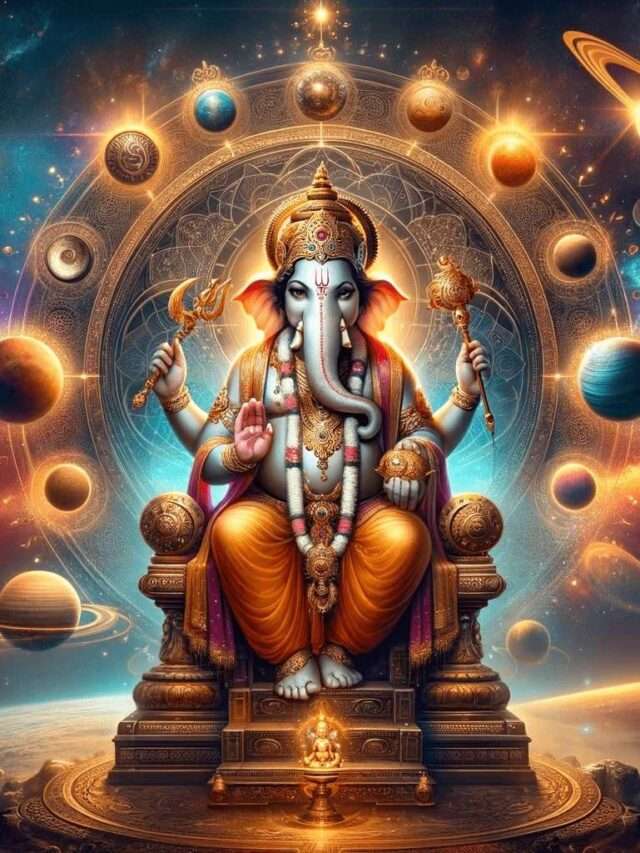न चैतद्विद्मः कतरन्नो गरीयो
श्रीमद्भगवद्गीता 2.6
यद्वा जयेम यदि वा नो जयेयुः।
यानेव हत्वा न जिजीविषाम
स्तेऽवस्थिताः प्रमुखे धार्तराष्ट्राः॥
Word-by-Word Meaning
- न चैतद्विद्मः – we do not know this
- कतरन्नो गरीयो – which is better for us
- यद्वा जयेम – whether we should conquer
- यदि वा नो जयेयुः – or they should conquer us
- यानेव हत्वा – whom having killed
- न जिजीविषाम – we would not wish to live
- ते – they
- अवस्थिताः – stand
- प्रमुखे – before us
- धार्तराष्ट्राः – sons of Dhritarashtra
“Nor can I say whether it were better that they conquer me or for me to conquer them, since I would no longer care to live if I killed these sons of Dhritarashtra, now preparing for fight.”
English Translation by Shri Purohit Swami
Commentary by Swami Ramsukhdas Ji
Swami Ramsukhdas Ji reveals that this verse represents a crucial transition in Arjuna’s consciousness. His commentary illuminates several profound aspects:
1. The State of Complete Uncertainty
When Arjuna says “न चैतद्विद्मः” (we do not know), Swami Ji explains:
- He cannot decide between fighting and not fighting
- In Krishna’s view (आपकी दृष्टिमें), fighting is righteous
- In Arjuna’s view (मेरी दृष्टिमें), killing elders is sinful
- Both perspectives have become equal in his mind, showing the beginning of true spiritual inquiry
2. The Question of Victory
Through “यद्वा जयेम यदि वा नो जयेयुः”, Swami Ji reveals:
- This uncertainty isn’t about Arjuna’s strength
- It reflects doubt about the future itself (भविष्यपर अविश्वास)
- The profound question: “Who knows what will happen?” (क्या होनहार है–इसका किसीको क्या पता?)
- Even following Krishna’s command doesn’t guarantee a desirable outcome
3. The Depth of Emotional Crisis
In explaining “यानेव हत्वा न जिजीविषाम”, Swami Ji points out:
- Complete rejection of worldly pleasures (भोग भोगनेकी)
- Abandonment of kingdom desires (राज्य प्राप्त करके हुक्म चलानेकी बात तो बहुत दूर रही)
- Deep awareness of future grief (चिन्ता-शोक करने और वियोगका दुःख)
- The futility of living after killing kinsmen
Practical Applications for Modern Life
This verse offers profound guidance for handling complex life situations:
1. Decision-Making in Difficult Times
- Recognizing when emotions cloud judgment
- Understanding the limits of intellectual knowledge
- Learning to seek higher guidance when confused
- Balancing duty with emotional attachments
2. Handling Moral Dilemmas
- Managing conflicting obligations
- Finding clarity in confusion
- Understanding the true nature of victory and defeat
- Balancing personal relationships with duty
Conclusion: The Dawn of Divine Wisdom
This verse marks a crucial turning point in the Bhagavad Gita where Arjuna reaches the peak of his confusion. Swami Ramsukhdas Ji explains that this state of complete uncertainty is actually the perfect condition for receiving divine knowledge. When our intellectual understanding fails and emotional attachments cloud our judgment, we become truly ready for higher wisdom.
The verse teaches us that moments of deepest confusion can become gateways to spiritual awakening. Just as Arjuna’s complete bewilderment prepared him to receive Krishna’s divine knowledge, our own moments of uncertainty can lead us to seek and receive higher guidance.
Through this verse, we learn that true wisdom begins when we honestly acknowledge our inability to decide through mere intellectual understanding. It is precisely at this point, when we recognize our limitations, that we become receptive to divine guidance.


